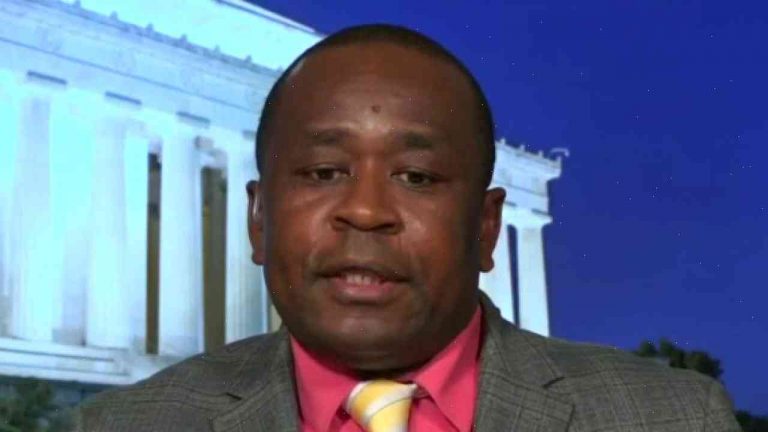Journalist Bob Geldof has attacked US vice-president Joe Biden’s travel ban against Africans, saying the decision was a sign of ‘squalor’
A leading African journalist has blasted US vice-president Joe Biden’s decision to impose travel restrictions on high-ranking officials of the continent, saying it came with no explanation and was “built on a lie”.
Biden’s decision is likely to send a message that the US government regards the leaders of Africa as the most important players in regional and global politics. It was also intended to send a message to the leaders of sub-Saharan Africa, who have long held criticism of US policies in their region close to their chests, saying the United States has failed to match its resources with a commitment to help Africa.
Biden announced the order at a meeting in Washington this month of US-Africa leaders and discussed how the US could help Africa develop more effectively.
Critics say it is a cynical political move after a few weeks in which American politicians have made serious allegations against incumbent African leaders. The White House is expected to include the decision in its annual economic and trade plan, set to be unveiled in early November.
But Bob Geldof has slammed Biden’s travel ban as a sign of “squalor”. The Irish rock star, working in support of Oxfam’s Zero Hunger project, said leaders of all developing countries should be allowed to travel and speak freely in the US.
“Anybody who has children on the other side of the world they should travel to America,” he said. “The vice-president has done this without saying a word. I don’t understand how this can work.
“I think it sends a message to other nations of the world about American chicanery, chicanery without a word.”
Geldof described the decision as “squalor”, but added that it was a “zero chance” the ban would go ahead. He has repeatedly spoken out against President Obama’s foreign policy, which many critics say has fallen far short of what the US has been promising.
“Obama is never going to listen to the lonely voice saying it. He’s looking for a two-second soundbite to make him look like he’s doing something,” he said.
Geldof said Biden had “never been interested in African affairs, only Africa’s business”.
“He’s not just about development – he’s a luxury functionary who can get along with his band of wealthy friends in the south [mainly the United States], where the food is grown, worked and traded. And it’s a victory for a few privileged people.”
Geldof said as a career diplomat – he was ambassador to the UN in Rome and also ambassador to Mexico City – Biden would not have decided to impose travel restrictions. But there are signs that the ban is already being used by some leaders, and even by some parliamentarians, to boost their reputations.
During a regular meeting of the UN council on sustainable development, at which Africa is a member, some council members accused the United States of seeking to destabilise Africa. The meeting was attended by several African members including Geldof and Ethiopia’s foreign minister, Tedros Adhanom Ghebreyesus. Tedros said: “While it is true that there is a US administration that seeks to benefit from instability in the affairs of its own regions, more importantly it is a US administration which is determined to block the implementation of Agenda 2063,” referring to a plan to develop Africa’s economies.
At the UN, it is clear that the much-trumpeted US decision has attracted some criticism from UN member states.
George Steinmetz, chairman of the UN committee on the status of women, said: “The elimination of the gender principle of non-discrimination in the human rights field cannot be separated from the need to protect the rights of women who find themselves unfairly and systematically excluded from the decision-making processes of the continent in which they live.”
